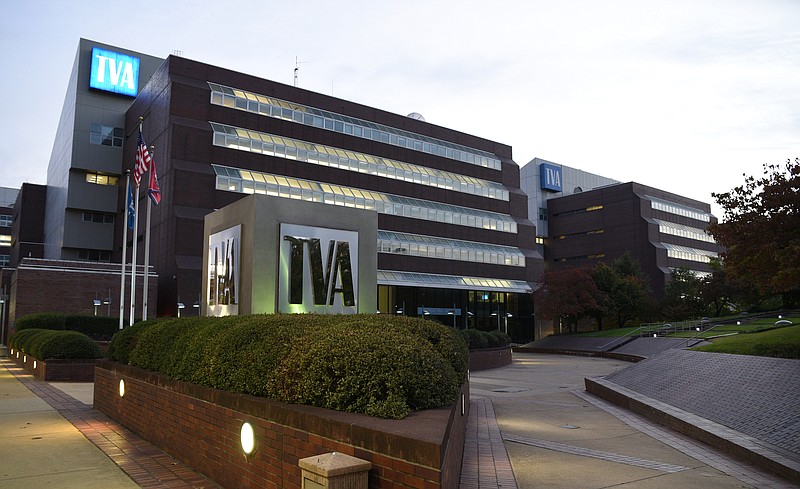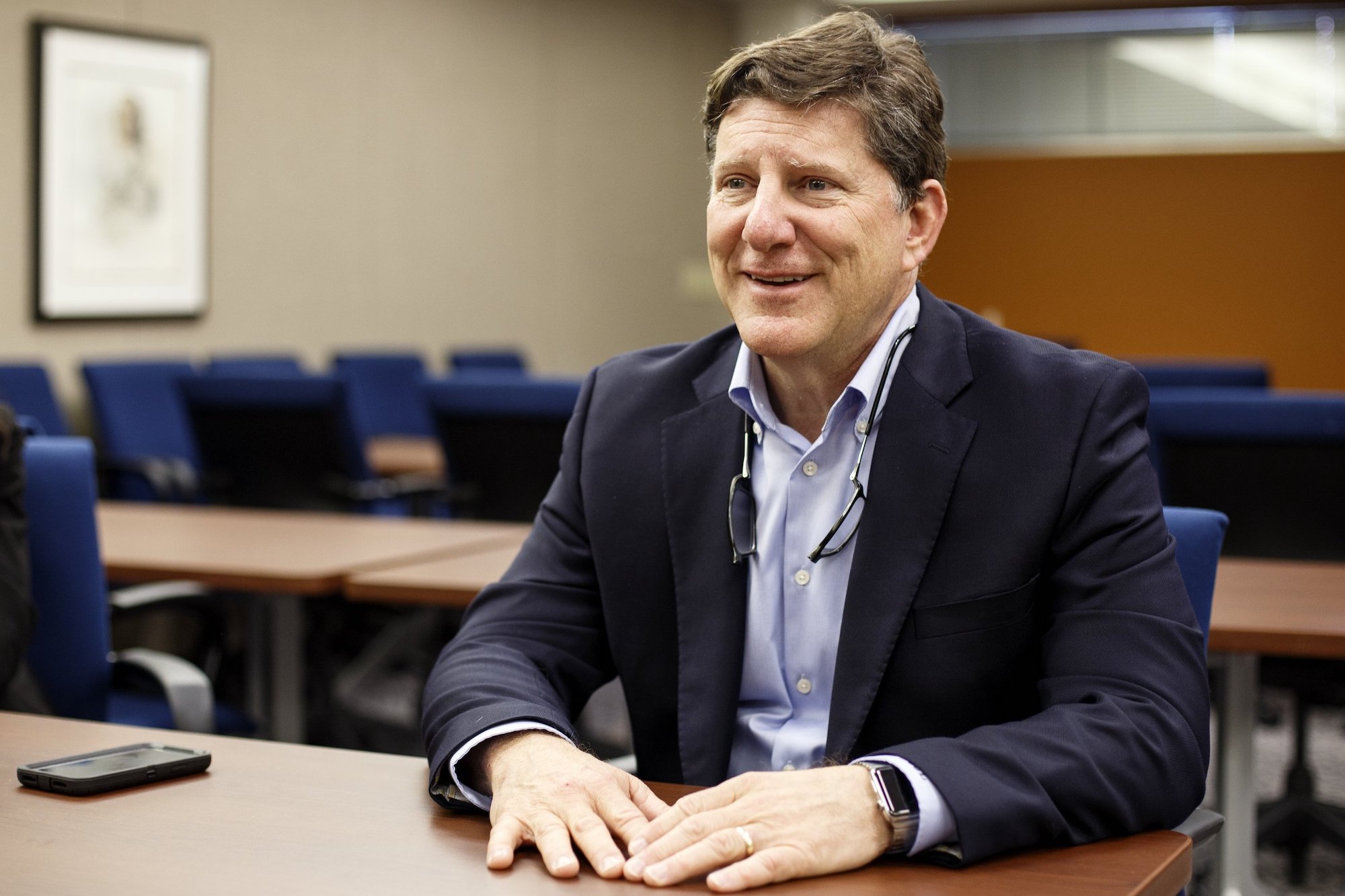The Tennessee Valley Authority is delaying its plans to bring back most of its staff to its offices until January due to ongoing concerns over the coronavirus pandemic and its delta variant and the success the utility is finding with remote work by its employees.
A majority of the TVA's 10,000-employee staff, who have been working remotely from home for nearly 17 months, will continue to telework for another five months or more before returning to their old work sites.
"Given the growth in the delta variant and the guidance coming from the [U.S. Centers for Disease Control and Prevention] and the White House, we went ahead and made this decision that we think makes a lot of sense," TVA President Jeff Lyash said in an interview Thursday. "It will help give our workers more certainty as they plan their lives for the next six months and we continue to do our work without much, if any, loss in productivity. Our workforce has been very effective in adapting to this telework and the flexibility that comes with it, so we have been able to build our processes and procedures around this type of work environment."
TVA joins other major U.S. corporations, including Amazon and Google, that have announced plans in the past week to push back their schedules for bringing back their corporate staff to offices because of renewed concerns about the coronavirus.
TVA's communications vice president, Buddy Eller, said the utility delayed its original plans to start bringing back office employees to their worksites after Labor Day after the CDC restored some of its guidelines for social distancing and mask-wearing to limit the spread of the virus, which has become more contagious with the growth of the delta variant.
"The safety of our workers and their families is our No. 1 priority, and that was a driving factor for us," Eller said. "Given the guidance that came out last week and where we are with the delta variant, we felt it was in the best interests of our employees from a safety viewpoint to do this."
Other major downtown employers in Chattanooga, including BlueCross BlueShield of Tennessee and Unum, continue to have most of their staff working remotely but are slowly bringing employees back to the office. Last month, BlueCross began phasing in a return to its Chattanooga headquarters by more workers, although most of the insurer's more than 4,000 employees who once worked at the BlueCross headquarters atop Cameron Hill continue to work remotely.
"We're still scheduled for FlexOffice employees to return onsite Sept. 7," BlueCross Communications Vice President Dalya Qualls said Thursday. "We'll continue to carefully monitor cases and infection rates, as well as our FlexWork trial period, as we look to the next step in our process."
Qualls said the Delta variant drove BlueCross last week to shift back to "masks in motion" and temperature screening for all employees onsite, "and we're continuing to encourage vaccinations with incentives and on-site events."
Unum also is planning to bring back most of its headquarters staff to its downtown offices next month, but even then workers are going to be given a new option to work 40% of the time remotely from home without going to the office.
"After Labor Day, Unum home office employees will move to a flex schedule that includes the option of two remote days each week," said Natalie Godwin, an assistant vice president of communications for Unum. "This flexible work model aligns with our agile and inclusive culture. We'll continue to monitor the pandemic and adjust our approach, as needed."
Businesses said they have found that many workers prefer to do their jobs at home and that productivity, in most instances, has not suffered and in some cases has actually improved.
A survey of more than 800 employers by the workplace consulting firm Mercer last year found that 83% planned to put more flexible work policies in place such as allowing more people to work from home or adjusting work schedules.
In the past, work from home was often viewed skeptically by managers concerned that less work would get done if they weren't there to oversee it. But the Mercer survey found that 67% of employers surveyed during the pandemic said their company productivity was the same with remote workers and 27% said remote work actually improved performance and output.
But the shift away from downtown work has not been as favorable for the restaurants and service businesses that depend upon the thousands of workers who come downtown every day to do their jobs.
"Downtowns are the economic engines for cities and regions, and many U.S. cities are grappling with the disastrous impacts of the coronavirus," said Emily Mack, president and CEO of the River City Co., which promotes Chattanooga's downtown.
While tourism and leisure travel has rebounded this summer to aid riverfront and other downtown attractions and entertainment ventures in Chattanooga, business travel and downtown workers are not eating in local restaurants or staying in hotels as much as before the pandemic, Mack said.
To help downtown Chattanooga rebound, River City Co. developed a phased Downtown Economic Recovery plan and has launched the Chattanooga Express Card to allow local residents to financially support businesses that have suffered during the pandemic downtown.
Contact Dave Flessner at dflessner@timesfreepress.com or 423-757-6340.

